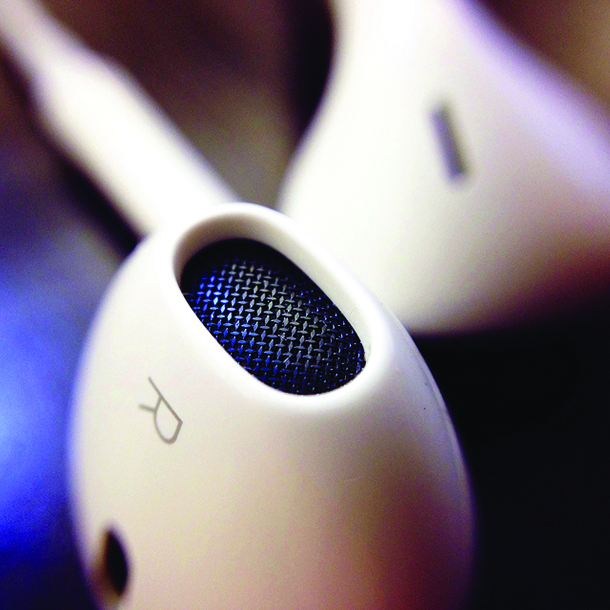
Even with his own wrap-up music about to start playing, New York City Mayor Michael Bloomberg is trying to get kids to turn down the volume.
The mayor has announced a new health initiative called the Hearing Loss Prevention Media Campaign, designed to inform New Yorkers about the risks of listening to loud music.
“Hearing loss increased more than 30 percent between 1988 and 2006,” said Veronica Lewin, assistant press secretary at the New York City Department of Health. “Exposure to loud sound can cause hearing problems, both hearing loss and tinnitus [ringing in the ear].”
Lewin said the Department of Health did not yet know the final cost or scope of the campaign, but it is being paid for by a grant from the Fund for Public Health, the fundraising arm of the department. An information page on the FPHNY website said the campaign would primarily target young digital music consumers through social media. The campaign will cost a total of $250,000.
“Hearing loss during adolescence not only increases the risk for more profound hearing problems later in life but also has other negative impacts such as low self-esteem, increased stress and increased risk of injury,” the site said. “The project will develop a public education campaign to promote safe listening behaviors among teens and young adults.”
An Apple iPod can reach a maximum volume of 115 decibels but William H. Shapiro, supervising audiologist at the NYU School of Medicine, said maximum safe exposure levels are much lower.
“The recommended exposure limit is 85 decibels, as an eight-hour time-weighted average,” Shapiro said. “Exposures at or above this level can be hazardous. If an individual is in an environment with noise above 85 decibels, safe exposure time should be reduced.”
However, Shapiro said the earbuds that come with most iPods are no more damaging than other types of headphones.
“Still, the closer the tip of the ear bud to the eardrum, the louder the stimulus,” Shapiro said. “So it’s not necessarily the type of earphone but how deeply inserted it is.”
Billy Richling is a contributing writer. Email him at [email protected].























































































































































